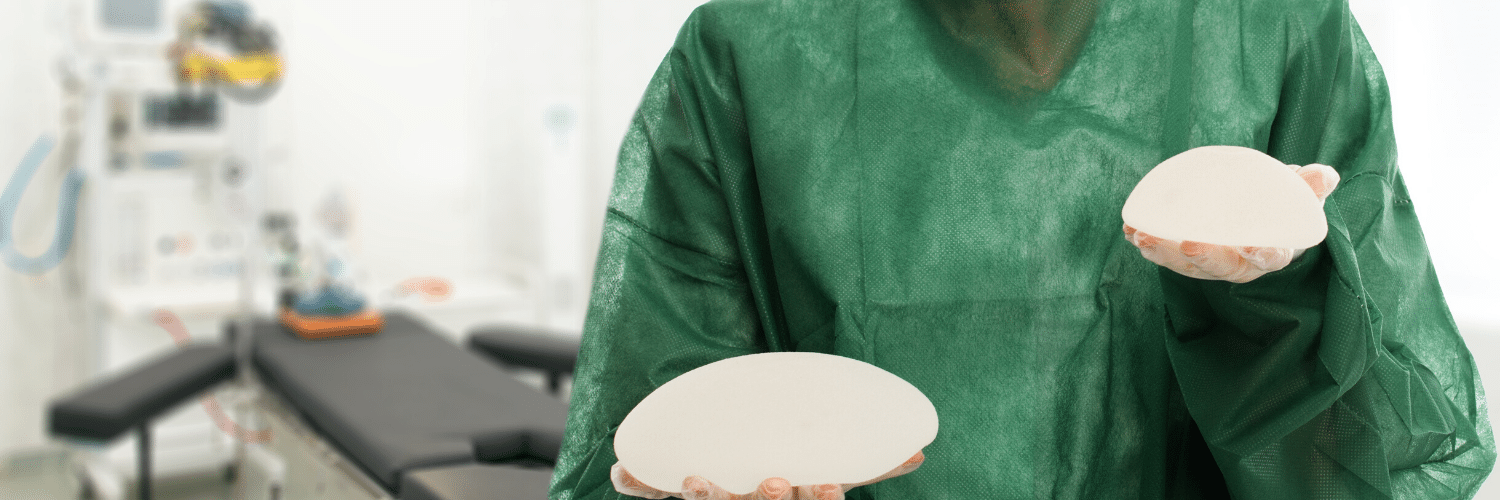
- 1 Comment
- PRMA Plastic Surgery
Over the years, we have seen a rise in the number of women coming to PRMA requesting to have their breast implants removed due to variety of health-related complaints, whether the implants were placed for cosmetic enhancement or for breast reconstruction following breast cancer surgery.
What is Breast Implant Illness?
Patients have described experiencing a range of symptoms including but not limited to chronic fatigue, chest discomfort, headaches, chronic pain, hair loss, anxiety, unexplained body rashes, hormonal irregularities, and depression. Since so many women are experiencing such a wide range of symptoms that they believe to be directly related to their implants, this array of symptoms has been labeled online as ‘Breast Implant Illness’ (BII).
Breast Implant Illness is NOT currently recognized as a medical diagnosis. To date, numerous studies have failed to show an association between breast implants and the symptoms described by patients. However, more studies are currently underway to examine potential links further.
What Causes Breast Implant Illness?
Although researchers are still not sure of the potential cause of BII, there are some hypotheses. These include the body’s inflammatory or immune response to the placement of the breast implant, the body’s reaction to the silicone in the implant, and/or the body’s response to the way in which the breast implant was placed in the body.
What Can Patients Do if They Think They Have Breast Implant Illness?
For patients who believe their health concerns are directly related to their implants, we recommend following up with a board-certified plastic surgeon to discuss their options, including possible removal of the implants.
In most cases, patients who link their symptoms to BII often report their symptoms resolve after having breast implant removal (explant surgery).
What are the Alternatives to Breast Implants?
For patients opting to remove their implants, there are other options available to help achieve desired aesthetic outcomes based on each patient’s needs.
For patients who had their implants placed cosmetically, fat grating can be performed to achieve a larger breast size without the use of implants.
For patients who had implants placed for breast reconstruction after breast cancer surgery, natural reconstructive options using your own tissue are available. These include from abdominal flaps (DIEP flap, SIEA flap), thigh flaps (TUG flap, VUG flap, PAP flap, LTP flap) and buttock flaps (iGAP flap, sGAP flap). Other procedures such as the Latissimus flap and fat grafting are also options to consider. Going flat is also an option for anyone not wishing to have further reconstruction.
What are other Reasons Patients Choose to Remove Their Implants?
Breast implants and their link to cancer have been making news headlines. According to the FDA, Breast Implant Associated Anaplastic Large Cell Lymphoma (BIA-ALCL) is a rare and treatable cancer of the immune system (not a true breast cancer) associated with textured breast implants. Although the FDA does not recommend removing breast implants in patients who are not experiencing any complications or symptoms related to ALCL it is ultimately the patient’s choice.
Other complications associated with implants leading to removal are infection, capsular contracture (breast hardening), implant displacement, and implant rupture.
Ultimately, the decision to get breast implants (either for cosmetic enhancement or for breast reconstruction) is a personal choice. It is important to discuss all the potential risks with a board-certified plastic surgeon before undergoing any type of surgery to ensure you are making a fully-educated decision.
Author: Dr. Minas Chrysopoulo and Courtney Floyd
Over the years, we have seen a rise in the number of women coming to PRMA requesting to have their breast implants removed due to variety of health-related complaints, whether the implants were placed for cosmetic enhancement or for breast reconstruction following breast cancer surgery.
Leave Comment
No Comments
Sign Up for Our Monthly Newsletter
Continue Reading

Breast Implant Illness

Wearing Deodorant After Breast Reconstruction Surgery
Wearing Deodorant After Breast Reconstruction Surgery July 21, 2020 Share on Facebook Twitter Linkedin When can I resume wearing deodorant after breast reconstruction surgery? Although it may seem like a straightforward question, many patients are unsure when the appropriate time to begin applying deodorant again after surgery is. At PRMA we ask all patient to […]
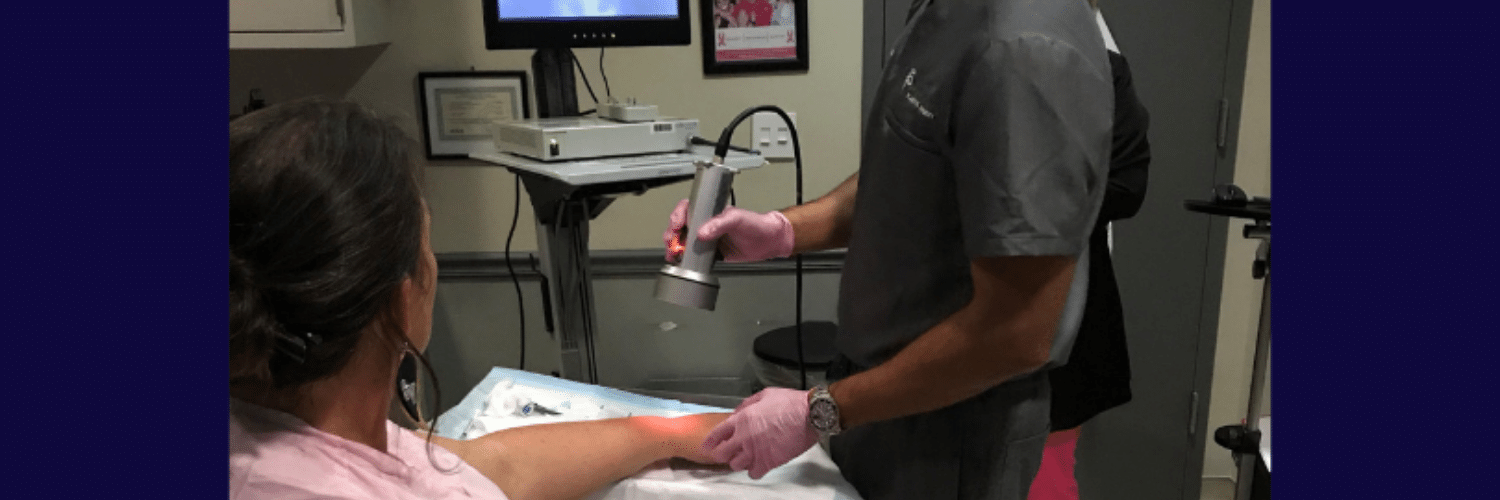
The Evaluation Process for Lymphaticovenous Anastomosis
The Evaluation Process for Lymphaticovenous Anastomosis July 21, 2020 Share on Facebook Twitter Linkedin Lymphaticovenous Anastomosis (or LVA) is one of the newest surgical methods used to treat lymphedema offered at PRMA Plastic Surgery. Before a patient can undergo the procedure, extensive evaluation from a specialized reconstructive microsurgeon and a certified lymphedema therapist must take place. […]

Nipple Prosthetics Aid Reconstruction Goals for Breast Cancer Survivors
Nipple Prosthetics Aid Reconstruction Goals for Breast Cancer Survivors July 21, 2020 Share on Facebook Twitter Linkedin Some of you might say, “Nipple prosthetics…I never even knew there was such a thing.” We hear that comment quite often since we are nipple prosthetic specialists. The next sentence is usually “I wish I would have known […]
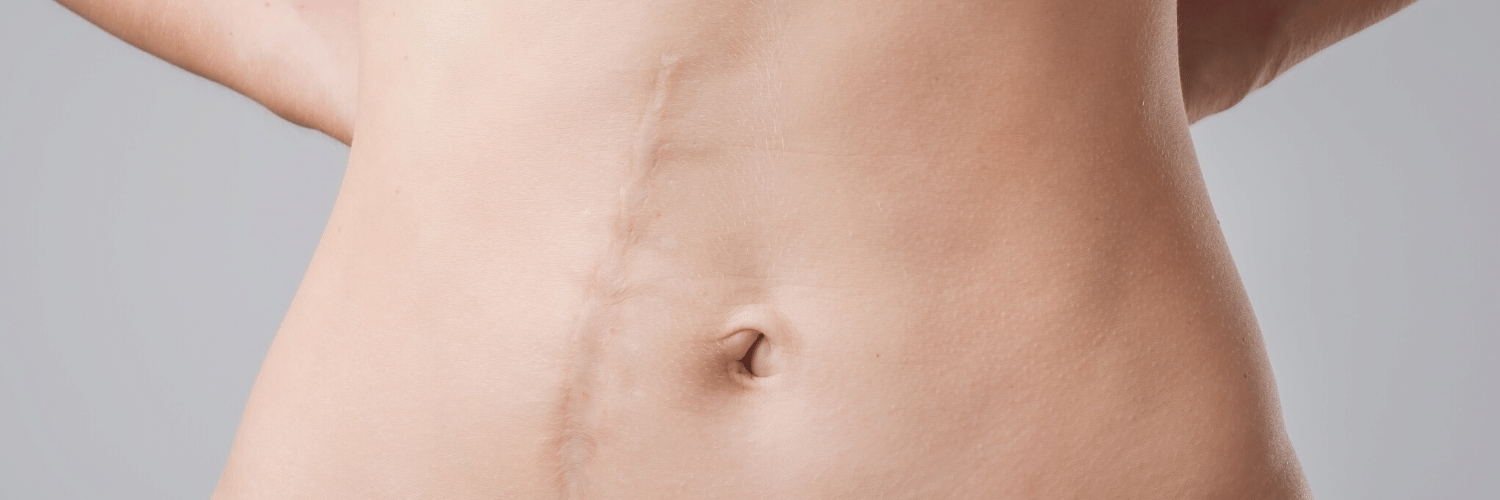
Can I Have DIEP Flap Breast Reconstruction After Prior Abdominal Surgery?
Can I Have DIEP Flap Breast Reconstruction After Prior Abdominal Surgery? July 21, 2020 Share on Facebook Twitter Linkedin Many women interested in DIEP flap breast reconstruction believe that because they have had prior abdominal surgery (such as a c-section, hysterectomy, or appendix removal) they are no longer candidates for the procedure. This is a very common […]
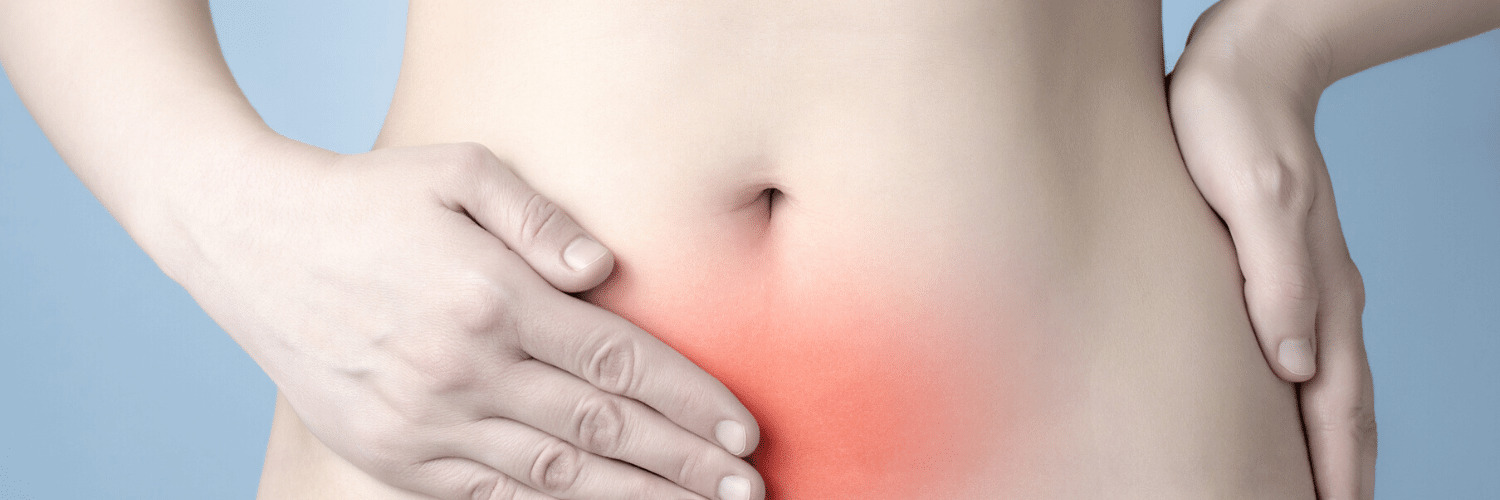
Causes & Correction of Abdominal Wall Weakness or Bulges after Abdominal-Based Breast Reconstruction
Causes & Correction of Abdominal Wall Weakness or Bulges after Abdominal-Based Breast Reconstruction July 21, 2020 Share on Facebook Twitter Linkedin Here is an overview of the causes of abdominal wall weakness or bulging following abdominal-based breast reconstruction and and how plastic surgeons can correct the complication. In this article you will find: 1. Benefits of using […]

Allergan Recalls Textured Implants in the U.S.
Allergan Recalls Textured Implants in the U.S. July 21, 2020 Share on Facebook Twitter Linkedin The breast implant manufacturer Allergan has officially announced it will no longer sell its Biocell textured implants or tissue expanders in the US or anywhere across the globe. The company has also asked that physicians not use any previously purchased […]

Heal in Comfort Recovery Shirts
Heal in Comfort Recovery Shirts July 20, 2020 Share on Facebook Twitter Linkedin Cheri Matthews was diagnosed with breast cancer and underwent bilateral mastectomies in 2001. Like most women, Cheri was sent home with surgical drains. Not quite sure how to manage the drains, Cheri asked the hospital nurse for guidance. The only solution she […]

Genetic Testing Before DIEP Flap Reconstruction – Is It Necessary?
Genetic Testing Before DIEP Flap Reconstruction – Is It Necessary? July 20, 2020 Share on Facebook Twitter Linkedin Genetic testing is making a difference in risk management options for individuals who have an increased likelihood of developing breast cancer. For patients who elect to have genetic testing and find they carry one of the many […]
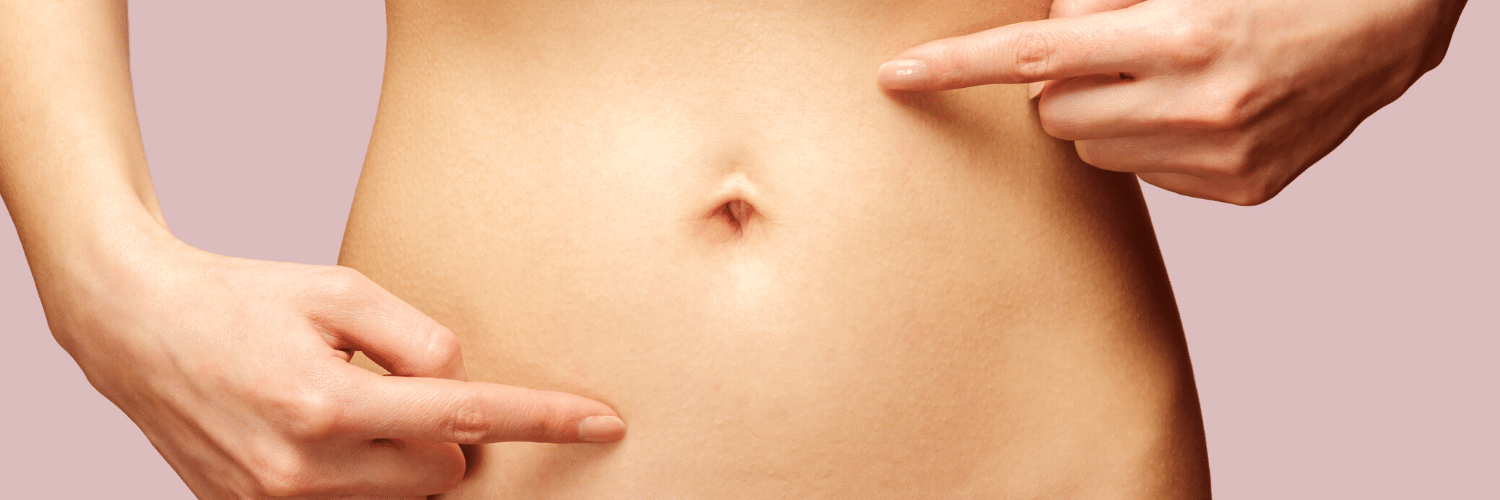
Abdominal Tightness After DIEP Flap Surgery
Abdominal Tightness After DIEP Flap Surgery July 20, 2020 Share on Facebook Twitter Linkedin DIEP flap breast reconstruction uses skin and fat from the lower abdomen to recreate a warm, soft, natural breast following a mastectomy. Because a portion of tummy tissue is removed and transplanted to the chest wall during this procedure, most patients experience […]
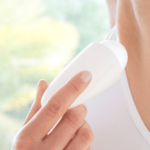
Wearing Deodorant After Breast Reconstruction Surgery
Happy 25th Anniversary PRMA Plastic Surgery

Stephanie
Thank you for this informative post. I’ve been dealing with a host of inflammatory-related physical and mental health issues since getting my saline implants (had no problems with them for 18 years) replaced with silicone implants last fall. I’m seriously considering explanting and it’s helpful to know of the fat grafting option. I have a consultation with Dr. N soon.